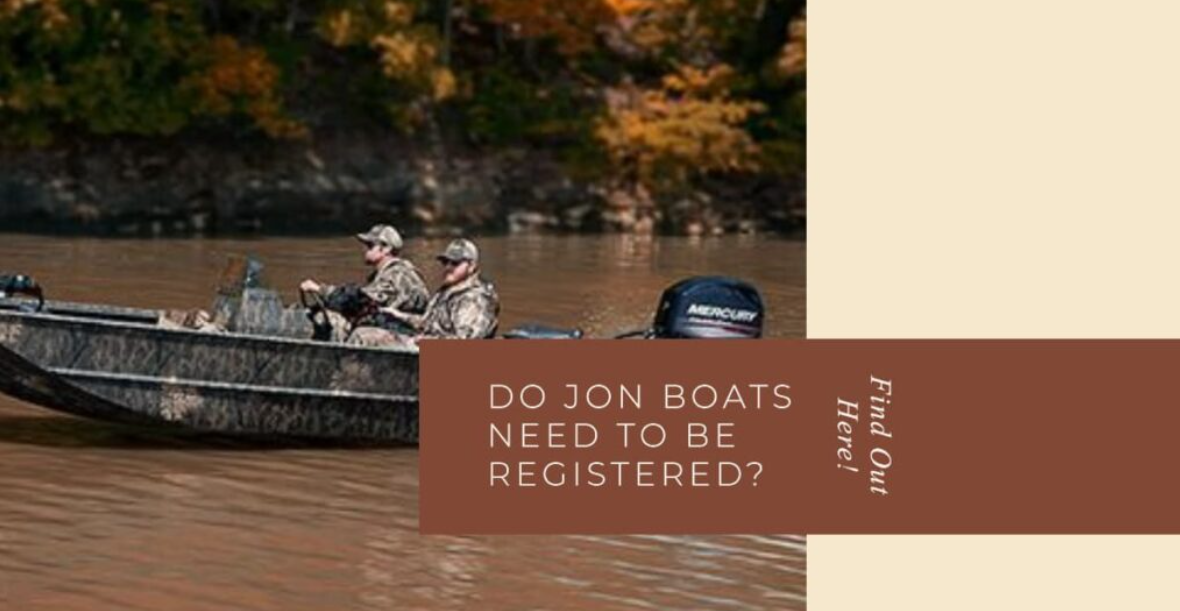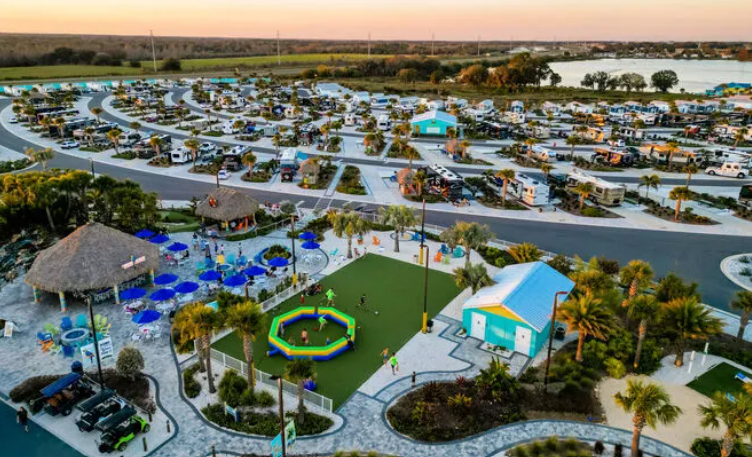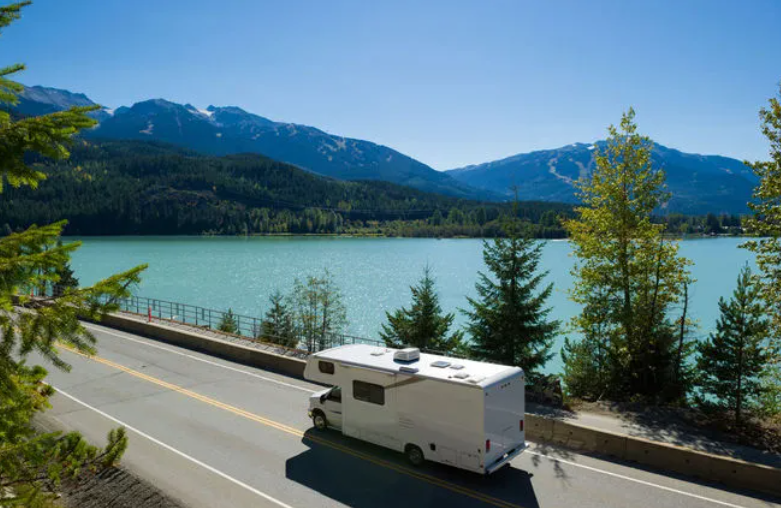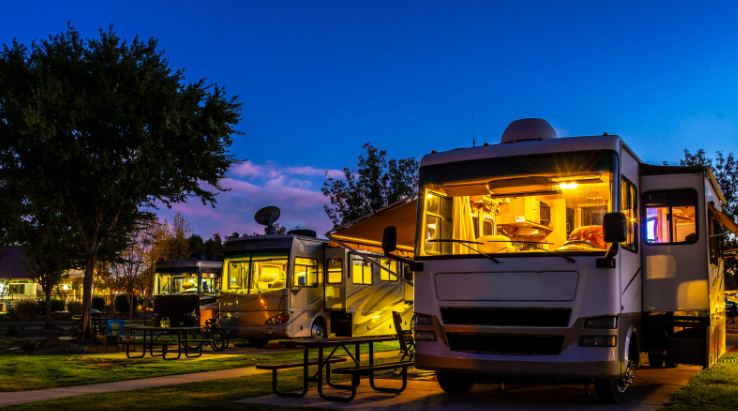Jon boats, with their flat-bottomed design and versatile utility, have become a staple for anglers, hunters, and boating enthusiasts across the United States. Their shallow draft allows access to waters that many other boats cannot reach, making them ideal for various recreational activities. However, owning and operating a jon boat requires adherence to specific regulations that vary by state and federal jurisdictions. This comprehensive guide aims to elucidate the key legal requirements, state-specific regulations, and essential considerations for prospective and current jon boat owners.
Understanding Jon Boats
A jon boat is characterized by its flat-bottomed hull, squared-off bow, and typically shallow draft. Constructed from materials such as aluminum, wood, or fiberglass, these boats are renowned for their stability in calm waters and are commonly used for fishing, hunting, and general utility purposes. Their design allows for easy customization, including the addition of outboard motors, seating, and storage compartments.
Federal Regulations Governing Jon Boats
Before delving into state-specific laws, it’s crucial to understand the overarching federal regulations that apply to jon boat ownership and operation in the U.S.
U.S. Coast Guard (USCG) Requirements
The USCG sets forth specific equipment and safety standards for all recreational vessels, including jon boats. Key requirements include:
⦁ Personal Flotation Devices (PFDs): Every vessel must carry one USCG-approved wearable PFD for each person on board. For boats less than 16 feet in length, such as many jon boats, a throwable Type IV PFD is no longer a substitute for wearable PFDs.
⦁ Fire Extinguishers: While not all jon boats are required to carry a fire extinguisher, it’s essential if the boat has enclosed compartments where fuel vapors can accumulate.
⦁ Visual Distress Signals: Boats operating between sunset and sunrise must carry appropriate visual distress signals approved for nighttime use.
⦁ Sound-Producing Devices: All vessels must have an efficient sound-producing device, such as a whistle or horn, to signal intentions or signal for help.
⦁ Ventilation and Backfire Flame Arrestors: Gasoline-powered boats with enclosed engine compartments must have proper ventilation systems and backfire flame arrestors installed.
SOURCE LINK : Texas Parks and Wildlife
State-Specific Regulations
While federal regulations provide a baseline, each state may impose additional requirements for jon boat registration, operation, and equipment. Below is an overview of various state regulations:
Alabama
⦁ Registration: All mechanically propelled vessels, including jon boats with motors, must be registered with the state.
⦁ Life Jacket Requirements: Children under the age of 8 are required to wear a USCG-approved PFD while on board.
⦁ Minimum Age to Operate: Operators must be at least 12 years old. Those aged 12 and 13 must have someone 21 years or older, who is a licensed operator, on board and within reach of the controls.
Alaska
⦁ Registration: All motorized boats, regardless of size, must be registered. Non-motorized boats are exempt.
⦁ Life Jacket Requirements: Persons 13 years of age and under must wear a USCG-approved PFD while on the open deck of a vessel.
⦁ Minimum Age to Operate: No minimum age requirement; however, operators are encouraged to take a boating safety course.
Florida
⦁ Registration: All motorized vessels operating on Florida waters must be registered. Non-motorized vessels less than 16 feet in length are exempt.
⦁ Life Jacket Requirements: Children under 6 years of age must wear a USCG-approved PFD while on vessels under 26 feet in length.
⦁ Minimum Age to Operate: No one under 14 years of age may operate a personal watercraft.
Texas
⦁ Registration: All motorized boats, regardless of length, and all sailboats 14 feet in length or longer or any sailboat with an auxiliary engine must be registered.
⦁ Life Jacket Requirements: Children under 13 years of age must wear a USCG-approved PFD while underway on vessels less than 26 feet in length.
⦁ Minimum Age to Operate: Operators must be at least 13 years old to operate a personal watercraft or a boat with a motor of more than 15 horsepower without adult supervision.
For a comprehensive and up-to-date list of state-specific boating regulations, including those pertaining to jon boats, refer to the U.S. Fish and Wildlife Service.
Registration and Titling
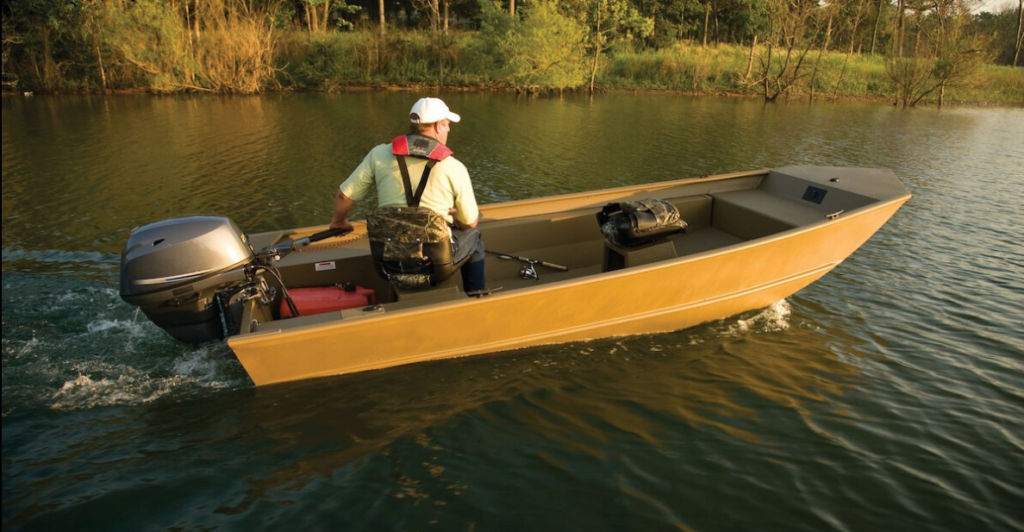
Registration and titling requirements for jon boats vary by state and are often contingent on factors such as boat length and motorization.
⦁ Motorized Jon Boats: In most states, if you equip your jon boat with any type of motor (gasoline or electric), registration is mandatory.
⦁ Non-Motorized Jon Boats: Many states exempt non-motorized boats from registration. However, some states may require registration based on length or usage.
⦁ Titling: While registration involves obtaining a certificate and displaying registration numbers on your boat, titling establishes legal ownership, much like a car title.
Legal Considerations for Jon Boat Owners
Beyond registration and safety requirements, jon boat owners must also be mindful of additional legal considerations:
⦁ Fishing and Hunting Licenses: If using your jon boat for fishing or hunting, state-specific licenses are required. Each state has different seasons, bag limits, and protected areas.
⦁ Boating Under the Influence (BUI): Operating a jon boat under the influence of alcohol or drugs is illegal in all states. Penalties can include fines, jail time, and loss of boating privileges.
⦁ Environmental Laws: Some states have regulations about invasive species, requiring boaters to clean their vessels before moving between water bodies.
Conclusion
Owning and operating a jon boat in the United States offers immense freedom and versatility, but it also comes with legal and safety responsibilities. By understanding federal and state-specific regulations, ensuring proper registration, and adhering to safety protocols, jon boat owners can enjoy their time on the water while staying compliant with the law. Always stay informed, take a boating safety course, and check with your state’s boating authority for the most current rules and requirements.
Whether you’re a seasoned boater or a first-time jon boat owner, knowledge is the key to a safe and enjoyable experience on the water.
SOURCE LINK : Texas State Parks
